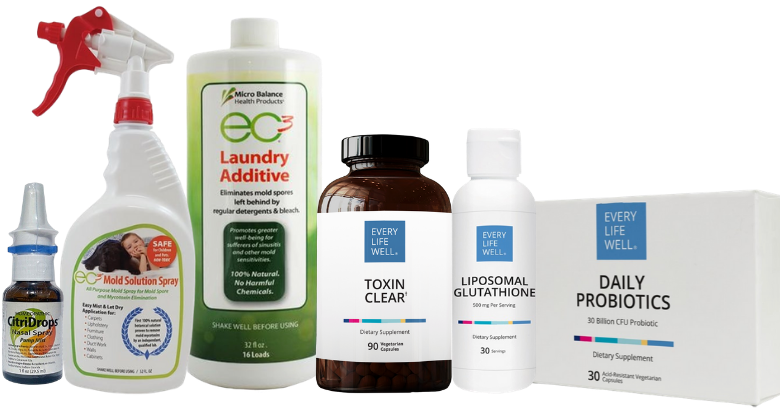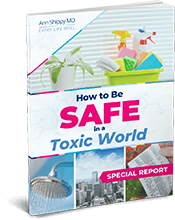My first (confirmed) patient with COVID-19 was admitted to the hospital early Tuesday morning March 24, 2020. I had started him on the hydroxychloroquine medication protocol, which is, in my medical opinion, the best option from all the research I’ve reviewed as of early evening on March 23.
When I checked an hour later, I realized that he could be declining rapidly –even though he didn’t have the typical COVID-19 symptoms. I quickly facilitated his visiting a local urgent care ER for evaluation. They found that his CT-scan was consistent with COVID-19 pneumonia. His care was transferred to a local hospital. The subsequent nasal swab test confirmed the diagnosis.
The biggest challenge: The hospital he was sent to has a policy of not using hydroxychloroquine for their patients with COVID-19.
If you or a loved one is going to be admitted to a hospital for COVID-19, you urgently need to know what medication policy the hospital will enforce regarding the current hydroxychloroquine protocol that is being used in many hospitals in the US and internationally. (In case of emergency, do not let this delay your treatment, and please seek emergency help immediately if you require it).
I requested the hospital physician prescribe the hydroxychloroquine-based protocol that has been helping even some of the most-affected patients recover, but he was not able to because of the hospital policy. Finally, late last night I was able to negotiate with hospital administration to allow me to continue the medication I had prescribed for my patient before he was admitted by personally dropping it off at the hospital for them to administer.
So far, the protocol seems to be helping and my patient is stabilizing. I’m feeling a glimmer of hope, and I’m cautiously optimistic that we will have a treatment protocol that may work for most people.
Hydroxychloroquine, also known as Plaquenil, is a reasonably safe, well-known, and very inexpensive drug that has been in use for decades for malaria and autoimmune diseases. The FDA has fast-tracked approval of chloroquine for testing, and New York Gov. Andrew Cuomo began trials Tuesday (3/24/20), procuring 70,000 doses of hydroxychloroquine and 750,000 doses of chloroquine for their state.
The Chinese and Korean (and other countries’) doctors that used this protocol have done a great job documenting and publishing their results so quickly, and others have administered the protocol and reported outstanding results without having published them formally yet.
The hydroxychloroquine (Plaquenil) + Azithromycin + Vitamin C + Zinc protocol is clearly working for many of the front line physicians caring for patients, and based on my examination of the research articles, it makes complete sense for this particular virus, especially for short-term use in this time of need.
Right now, hydroxychloroquine is expected to be in short supply, as the virus hits harder in the next few weeks. So the medical community needs to reserve the supplies for those who have the virus and are at highest risk or are progressing to more severe symptoms. When there is a larger supply of hydroxychloroquine and more availability for testing for COVID-19, we can consider using it earlier in the treatment plan to prevent further decline. We may also need it for the health care workers in the hospitals at risk for getting exposed for preventative treatment.
Now is the time to use our best information available and simple reasoning to save lives… and not wait for further studies to treat patients who are very ill.
“Based upon limited in-vitro and anecdotal data, chloroquine or hydroxychloroquine are currently recommended for treatment of hospitalized COVID-19 patients in several countries. Both chloroquine and hydroxychloroquine have known safety profiles with the main concerns being cardiotoxicity (prolonged QT syndrome) with prolonged use in patients with hepatic or renal dysfunction and immunosuppression but have been reportedly well-tolerated in COVID-19 patients.” (emphasis mine)
The Texas Board of Pharmacy has passed necessary emergency measures as of last week to try to avoid running out of medicine for the patients who need it. These drugs are in very limited supply compared to the number of people projected to become critically ill. However, the way the ruling is currently written, it is easy to misinterpret the restrictions being placed on the pharmacists. I just spoke to the Chief Compliance Officer of the Pharmacy Board today (Wed 3/25/20) on the phone, and he assured me the intent of this ruling is to preserve supply, NOT to deny off-label use of the drugs for COVID-19.
While, like almost all pharmaceutical drugs, there is a chance for serious side effects, this minimizes the risk for complications, and we do not have the luxury of waiting during this unprecedented time. If we are able to identify patients who are worsening before they need to go on ventilators, we could save lives and resources.
If you are at a hospital that is not willing to prescribe the hydroxychloroquine protocol, we are investigating whether the new “Right To Try Act” may legally provide patients access to this treatment. This law was passed in May of 2018 and allows patients with life-threatening illnesses to have access to eligible investigational drugs. Please consult an attorney, however, for legal advice.
Please make sure you are doing what you can to keep yourself, your family and loved ones healthy.
(See also my comprehensive COVID-19 blog update post, updated ongoing, here.)
The right supplements to support your immune system can really make a difference in your ability to fight the infection if you are exposed to viruses, likely including COVID-19.













